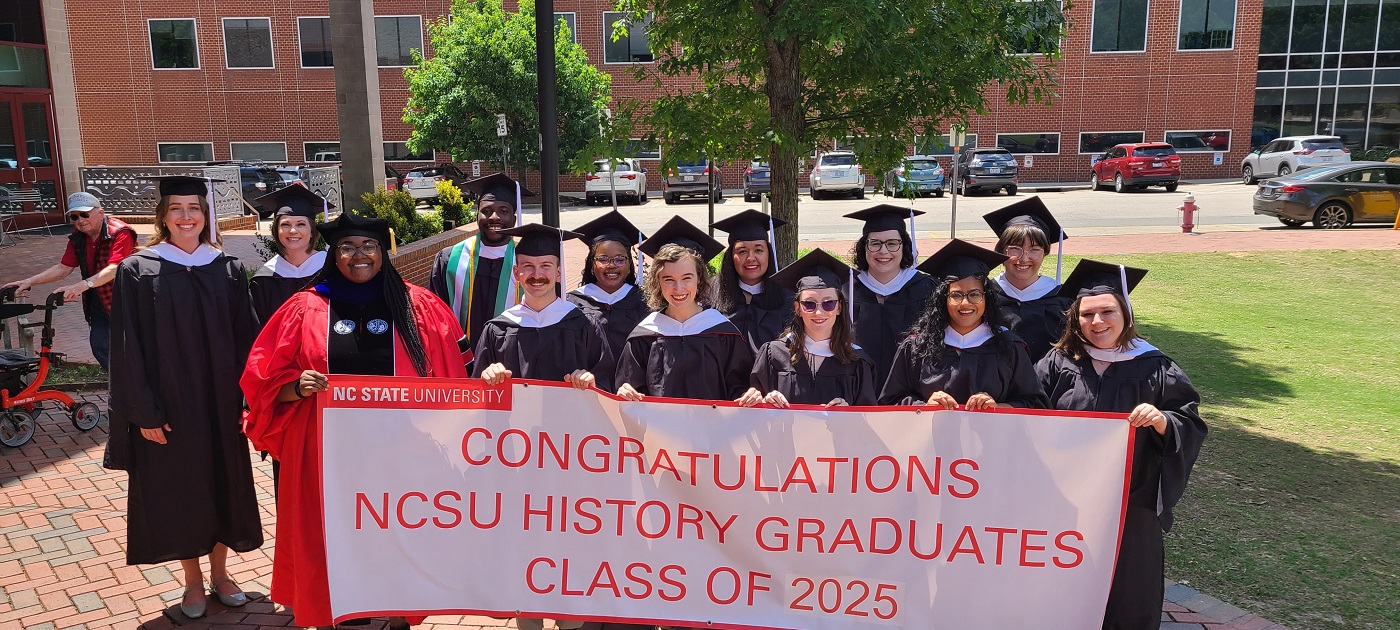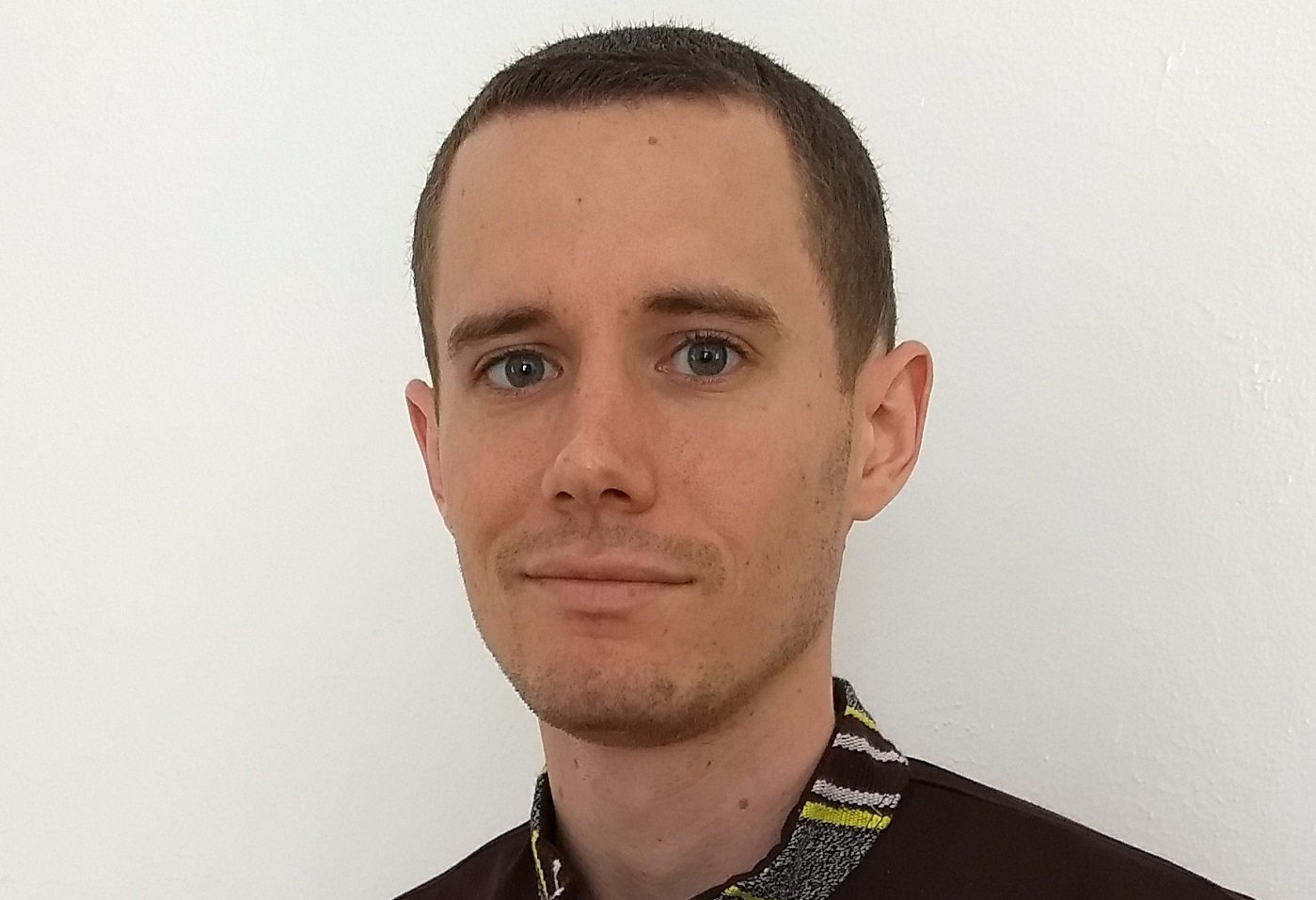Food History: Q&A with Mark Kurlansky

Editor’s Note: Mark Kurlansky is the best-selling author of “Cod,” “Salt,” “The Big Oyster” and other books focused on the story (and history) of food. He is the winner of the James Beard Award for food writing and the Bon Appetit Food Writer of the Year, among other awards. Kurlansky is the keynote speaker at the Food and History: From Theory To Practice conference, being held at NC State May 4-5. Kurlansky’s talk will be from 6:30-7:30 p.m. on May 4 in Withers Hall, Room 232. The talk is free and open to the public.
The Abstract: You’ve written about cod, salt, oysters and frozen food – among much else. While researching those subjects did you make any discoveries that were particularly surprising?
Mark Kurlansky: It is surprising how quickly valued commodities become entrenched in cultures. You would think this would be a process that evolves over centuries but it can happen over decades.
TA: Have you found any cooking or food preservation techniques that are universal, across cultures?
MK: Many cooking techniques are universal. Almost everyone boils and grills. Preservation is different. Probably the most universal is drying. Salt would be universal, but there have been cultures with not enough salt to rely on it. So the Vikings just wind-dried fish. And smoking and burying are both techniques of salt-preserving with less salt.
TA: How has our view of food in the United States changed over the past 100 years?
MK: Really it is our view of industry and with it our view of corporations that has changed. A century ago we thought that industry was going to make everything, including food, wonderful. It was going to produce incredible quantities of food, make all food available everywhere and end hunger. It has failed to end hunger. And while it has made food widely available, the quality of that food has declined and the quality of life for food producers and food producing communities has also declined. And so the magic word to replace modern industry is “artisanal.” Almost everything is being marketed as “hand crafted.” While we used to celebrate food being brought in from long distances—“California carrots” and “Florida grapefruits,” today the celebrated word is “local.” Both mentalities have their pitfalls.
TA: How can understanding the history of food inform our understanding of the current food landscape?
MK: History is a study of delusions, fantasies, and false hopes. It makes it invaluable to study because it teaches us to doubt ourselves.
TA: In regard to food, what are the biggest challenges we’ll have to tackle in the next fifty years?
MK: The biggest problem is a rapidly expanded world population. The problem is not just how to produce food in safe, healthy, environmentally sound and sustainable ways but how to produce inexpensive food that is safe, healthy, sustainable and environmentally sound.
TA: Food can sometimes be the subject of political debate. Is there a particular food issue that you expect to become politically contentious in the next 20 years? If so, why?
MK: It all stems from this growing need for inexpensive food. This will lead to a major fight over fish farming which can produce large quantities of high protein food but damages the health of the ocean, wild fish populations and may not even produce healthy food in some cases. Rather than one side arguing that it is worth the downside and the other side arguing that it should be stopped, there needs to be an effort to learn how to do it better. The same is true of genetically modified foods, which hold potential to produce large quantities of food without using chemical fertilizers. People who oppose them have no suggestions for how to improve the process because there has not been enough research to understand if it is harmful in the first place.
by Matt Shipman. This article first appeared in NC State University’s research blog, The Abstract.
- Categories:


